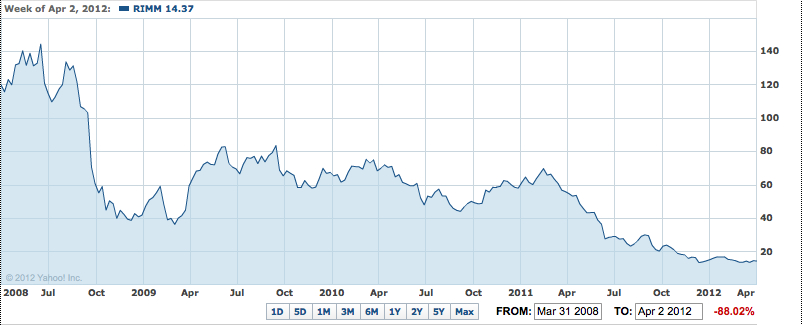
If you want to learn how to invest like Warren Buffett, you've got to learn how to sell investments effectively. So says Steve Sears, the long-time Barron's columnist and author of the new book The Indominable Investor: Why a Few Succeed in the Stock Market When Everyone Else Fails.
Throughout his career, Sears has always been struck by what actually happens on Wall St. and how it's perceived on Main St. -- based in no small part upon his own observations and from the reader feedback he gets from his Barron's column, The Striking Price. "Bad investors think of ways to make money. Good investors think of ways to not lose money," he says during a recent podcast interview.
Professionals tend to be hyper-vigilant about what's not working in their portfolio, as opposed to falling in love with the investments that are working. "Most investors think of Warren Buffett as the man with gift for picking stocks, which he surely has, but he's also a great seller of stocks as well. But because of Buffett's public persona and cult of personality, unless someone has read the fine print of the Berkshire Hathaway annual reports, no one really ever hears about what he sells."
Selling in this case can mean selling to take a profit or selling to take a loss to free up the cash and to emotionally move on. The point Sears is making is that you've got to pull your weeds in order to let the flowers bloom, something that Buffett does as a matter of course.

This is true for those Huffington Post readers who still may own Research In Motion (ticker: RIMM), seen above, maker of the BlackBerry... which many think could be on its last Berry. RIMM traded at $144 in June 2008, not four years ago. Since then, it's been Research In Downward Motion.
Even if an investor sold RIMM at $72, after a 50% decline, that would have been almost 5 times where it closed yesterday at $14 per share. The odds of anyone seeing 10 times their investment in RIMM anytime soon are poor at best. Could you have sold it at $72 after having owned it at $144?
It's true Buffett is not known for owning technology within his holding company Berkshire Hathaway, but the point is this: Buffett's portfolio ultimately burgeons the way it does because he divests of a stock that behaves like RIMM usually long before it becomes troublesome, a key tenet of eventually becoming an indominable investor.
The Downside of the Information Age
As noted in The Indominable Investor, we are fed an endless stream of information online via social networks such as Facebook, LinkedIn, finance blogs, and Twitter. That's in addition to the Huffington Post, Wall Street Journal, the New York Times, and Barron's.
According to Sears, a person must learn to become what is known as a contrarian. "You have to be skeptical of everything you hear and everything you read. You have to consider the source and how the data could be tainted or biased." In other words, you have to think for yourself. A contrarian is someone who thinks for him or herself, but in doing so often goes against the grain of what the crowd is thinking. Thinking with the crowd could be part of the downside of investing during the information age.
Don't forget television's endless stream of infotainment. There are no shortage of shows and guests who will tell you where to put your money. Rarely, if at all, will they delineate where and when to sell at a loss when they're wrong.
During information overload, investors lack the ability to separate the good information from the bad. Even if they do, they oftentimes don't act because they are overwhelmed with a cacophony of statistical noise -- information that has no value.
How do you get started? Consider what the benefit might be of your going on a financial information diet. For those of you using Twitter, what would be the value of an "Un-Follow Friday"? Instead of looking to add new Twitter users to follow, how about deleting some? Doing so would be thinking like a contrarian... and it might be worth more to you than you know.